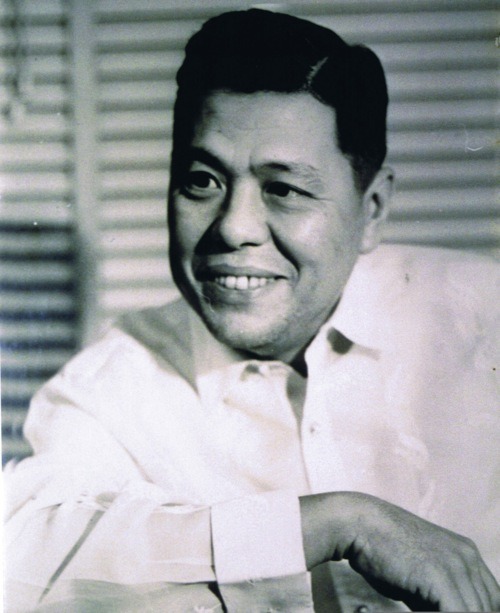As early as March last year, top honchos of the
Department of Social Welfare and Development (DSWD) have already warned local
officials against using the Pantawid Pamilyang Pilipino Program (4Ps) or the
Conditional Cash Transfer (CCT) for their partisan political ends, but how
about national candidates?
Now that May 13 polls is just around the
corner, it is expected that the 4Ps Grievance Redress System (GRS) would
receive left and right protests or grievances coming from political camps
especially in provinces such as Occidental Mindoro where politicking is so intense
and yes,… year-round.
Carrying the slogan"Makialam. Magsumbong. Bawal ang Epal Dito", the social
welfare department will be launching this March an advocacy campaign which aims
to empower the beneficiaries to participate in this campaign and to protect the
households from baseless threats of removal from the program if they will not
support political entities in the upcoming elections. The department reiterated
that only DSWD and not the politicians has the say in delisting or removal of a
beneficiary if s/he will not comply with the conditions earlier set for the
cash transfer.
In short, the DSWD one-line message is this: “Pantawid Pamilya is not a campaign vehicle
for political advancement." In short, 4Ps as a national government
program is not supporting any partisan political party whether local or
national. How about Team PNoy?
In August 3, 2012, Social Welfare Secretary
Corazon “Dinky” Soliman, issued a directive that prohibits 4Ps field implementers from threatening or
intimidating any beneficiary to attend any partisan political activity;
employing deceit or misrepresentation to gather beneficiaries for a political
caucus, meeting, rally or other assemblies in the guise of an official program
activity; active endorsement of a political candidate or party to
beneficiaries; distributing partisan political literature or campaign materials
to beneficiaries during official program activity; allowing the program or any
activities of the program to be used as a vehicle for partisan political
activities; or performing any act that promotes any political candidacy or
party.
On the other hand, according to reports, the
department is respecting the rights of beneficiaries in choosing their
political party and candidates. DSWD emphasized that beneficiaries should only
support or endorse any political candidate or parties as citizens of the
country and NOT as beneficiaries of the program. Violators are going to face
sanctions. In short, when they (the beneficiaries and implementers) campaign,
they should not use the name of 4Ps in vain. Hopefully they would. Let us pray.
Those workers who felt threatened by politicians
must report immediately so that corrective measures will be taken up, according
to DSWD. The beneficiaries are those who are in a dilemma if elections or
politicians truly make their lives light or heavy. Are elections and
politicians the main problem or the main solution? The answer rests in our hands as a nation.
Needless to say, politicians, especially the
traditional ones, those who come-and-go in every elected positions, those who
are members of a political dynasty, know that there are many ways to skin a cat
and avoid illegal electioneering. Soliman’s directive would only be saving the
program from pangs of partisan politics but not the beneficiaries from political peril.
Nevertheless, vigilance of the beneficiaries/stakeholders
is a must this election season. Each 4Ps beneficiary must realize that s/he is not
a lowly 2Ps: Political Pawn!...
-----------
(Photo: www.ugnayan.com)
(Photo: www.ugnayan.com)







